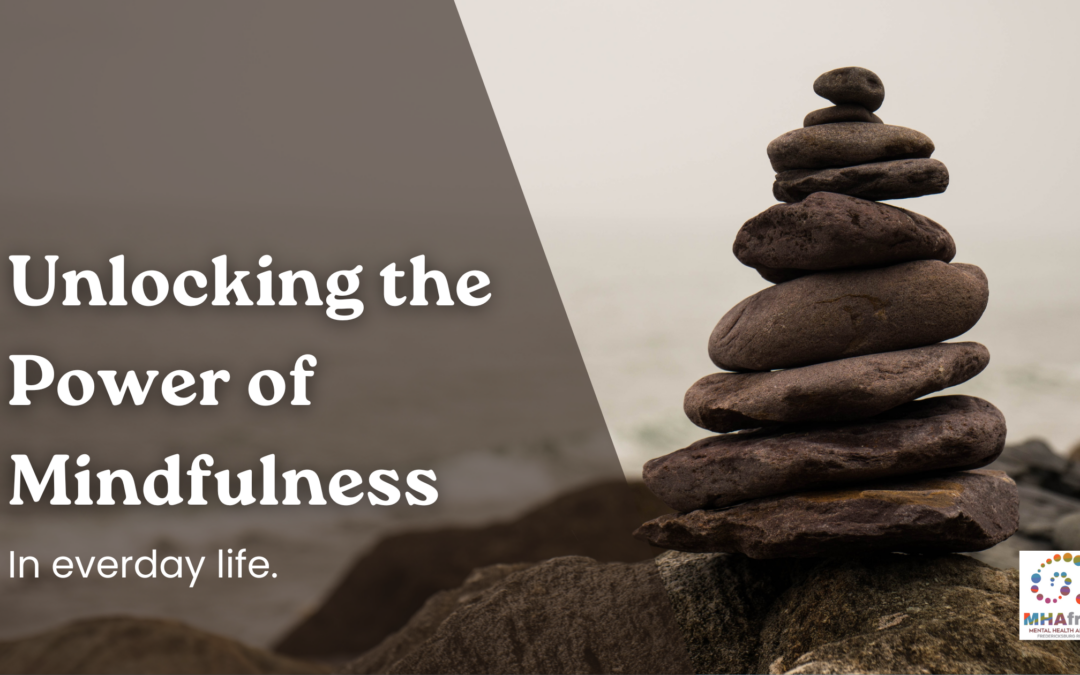What is Mindfulness?
In today’s fast-paced world, finding moments of peace and clarity can be challenging. Mindfulness, the practice of being fully present and engaged in the moment, offers a powerful solution to this modern dilemma. Incorporating mindfulness into your daily routine can reduce stress, improve focus, and enhance overall well-being.
Mindfulness isn’t about emptying your mind or achieving a state of perpetual calm. Instead, it’s about observing your thoughts and feelings without judgment. This practice can be as simple as taking a few deep breaths, paying attention to the sensations in your body, or savoring a cup of tea without distractions.
Research has shown that regular mindfulness practice can lead to numerous benefits, including lower levels of anxiety and depression, improved cognitive function, and better emotional regulation. It can also enhance your relationships by fostering empathy and active listening.
To start your mindfulness journey, try setting aside just five minutes daily to sit quietly and focus on your breath. Gradually increase this time as you become more comfortable with the practice. Many apps and online resources are also available to guide you through mindfulness exercises and meditations.
Helpful Exercises for Mindfulness:
Ready to experience the transformative power of mindfulness? Join the MHAfred staff the week of January 6, 2025, as we discover how a few minutes daily can significantly improve your work-life balance. Below are the techniques we will be exploring in our social media posts:
Breathing Exercises: Focus on your breath as it moves in and out of your body. Try deep breathing: Inhale deeply through your nose, hold for a few seconds, and then exhale slowly through your mouth. This can help calm your mind and body.
Body Scan Meditation: Lie or sit comfortably and focus on different parts of your body, starting from your toes and moving up to your head. Notice any sensations, tension, or discomfort without judgment.
Mindful Eating: Pay full attention to the experience of eating. Notice the colors, smells, textures, and flavors of your food. Eat slowly and savor each bite, which can help you enjoy your meals more and improve digestion.
Walking Meditation: Take a slow, deliberate walk, paying attention to the sensations in your feet and legs as they move. Notice the sights, sounds, and smells around you. This practice can be done anywhere, even during a short break at work.
Mindful Listening: When talking to someone, give them your full attention. Listen without planning your response or getting distracted by your own thoughts. This can improve your relationships and communication skills.
Guided Imagery: Use a guided meditation app or recording to visualize calming scenes or scenarios. This can help reduce stress and promote relaxation.
These techniques can be practiced individually or combined to suit your needs and preferences. Start with just a few minutes each day and gradually increase the time as you become more comfortable with the practice. If you are looking for more help with mental wellness this month, check out the MHAfred HELPLINE database where you can find a licensed mental health provider based on your unique needs and circumstances.
1: Mayo Clinic 2: Positive Psychology 3: Calm Blog

